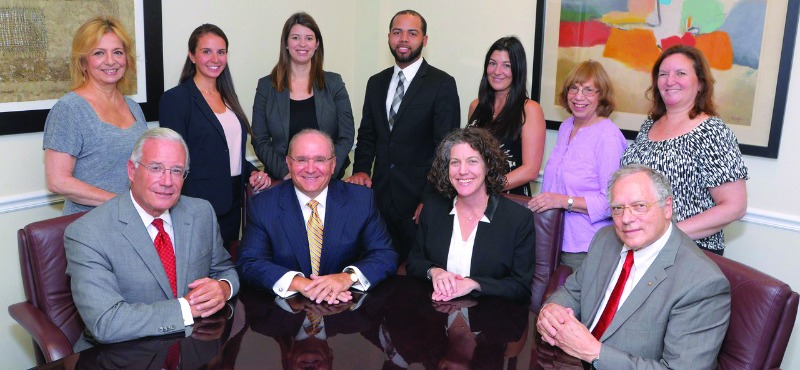By: Anthony J. Enea, Esq.
For many years New Yorkers were eligible for Medicaid home care services without worrying about the five (5) year look back period for non-exempt asset transfers (gifts), which is imposed for Medicaid nursing home eligibility. In essence, one could give away all of their savings and home without incurring any period of ineligibility for Medicaid Home Care Services.
As part of the recommendations by the State’s Medicaid Redesign Team, commencing on October 1, 2020, and as part of the New York State Budget enacted on April 3, 2020, a thirty (30) month look back period was enacted for all home care services. This is a devastating turn of events for New York’s seniors and disabled. The lookback period is calculated the same way as the penalty period is calculated for skilled nursing home Medicaid (using the regional rate as the divisor). For example, the regional rate for the Northern Metropolitan area (Westchester, Putnam, Rockland, Orange and Dutchess Counties) for the year 2020 is $12,805.00 per month. Thus if $200,000.00 is gifted, a 15.61 month ineligibility period is created for home care Medicaid.
In early October 2020, because of the pandemic, the Trump administration renewed the Public Health Emergency for an additional ninety (90) days effective October 23, 2020. Having done so, the NYS Department of Health (DOH) in order to be in compliance with enhanced Federal Medicaid funding requirements has pushed back the Medicaid home care lookback period from October 1, 2020 to April 1, 2021. Thus, one can transfer assets (make non-exempt transfers/ gifts) on or after October 1, 2020, without any penalty and/or lookback period IF they apply for home care Medicaid before April 1, 2021. However, if an application for home care Medicaid is made on or after April 1, 2021, and a non-exempt transfer/gift was made on or after October 1, 2020, the thirty (30) month lookback and penalty period will be applicable. This is of great importance to those who were unable to transfer assets before October 1, 2020 and currently require Medicaid home care services.
Fortunately, the new rules have left spousal refusal untouched. Thus, a married person can still transfer assets to their spouse and if the spouse has assets and/or income above the permitted amounts, the spouse can execute a spousal refusal, allowing the ill spouse to be eligible for Medicaid. While this is advantageous if a married person needs Medicaid home care and/or Medicaid nursing home coverage, spousal refusal gives the Department of Health (DOH) the right to sue the refusing spouse for the value of the services provided by Medicaid.
The other option still available for a single person with resources above the permitted amount is to implement a Medicaid Crisis Plan, where approximately half of their resources will be used to pay for their home care and the other half is protected by gifting to a third party.
Irrespective of one’s marital status, the changes in the rules illustrate the need for seniors and the disabled to be proactive in making asset transfers and start both the thirty (30) month lookback period for Medicaid home care and the sixty (60) month lookback period for Medicaid nursing home in advance of their needing care. Without non-exempt transfers being, the clock never begins to run and the ability to shelter one’s assets from the cost of long-term care becomes significantly more difficult as one ages A greater percentage of one’s life savings will be exposed to the cost of care the longer one waits.
The imposition of a lookback and penalty period for Medicaid home care is a devastating turn of events for seniors and the disabled who do not have a spouse, minor child or disabled child to whom they can make an exempt transfer of their non-IRA assets, or a spouse, minor child, disabled child, caretaker child or a sibling with an equity interest to whom they can make an exempt transfer of their home under Social Services Law § 366 (5)(e)(4)(i). The other exempt transfers that should apply under Social Services Law § 366 (5)(e)(3)(i), (ii) and (iii) include the purchase of an annuity, the purchase of a life estate, the purchase of a promissory note loan or mortgage. Additionally, the applicant can still argue that the non-exempt transfer of assets (gift) was made for purposes other than to qualify for Medicaid.
As of this writing, it appears that utilizing the Medicaid Asset Protection Trust to protect one’s home and savings before one needs home care or nursing home services continues to be the most prudent option.


















